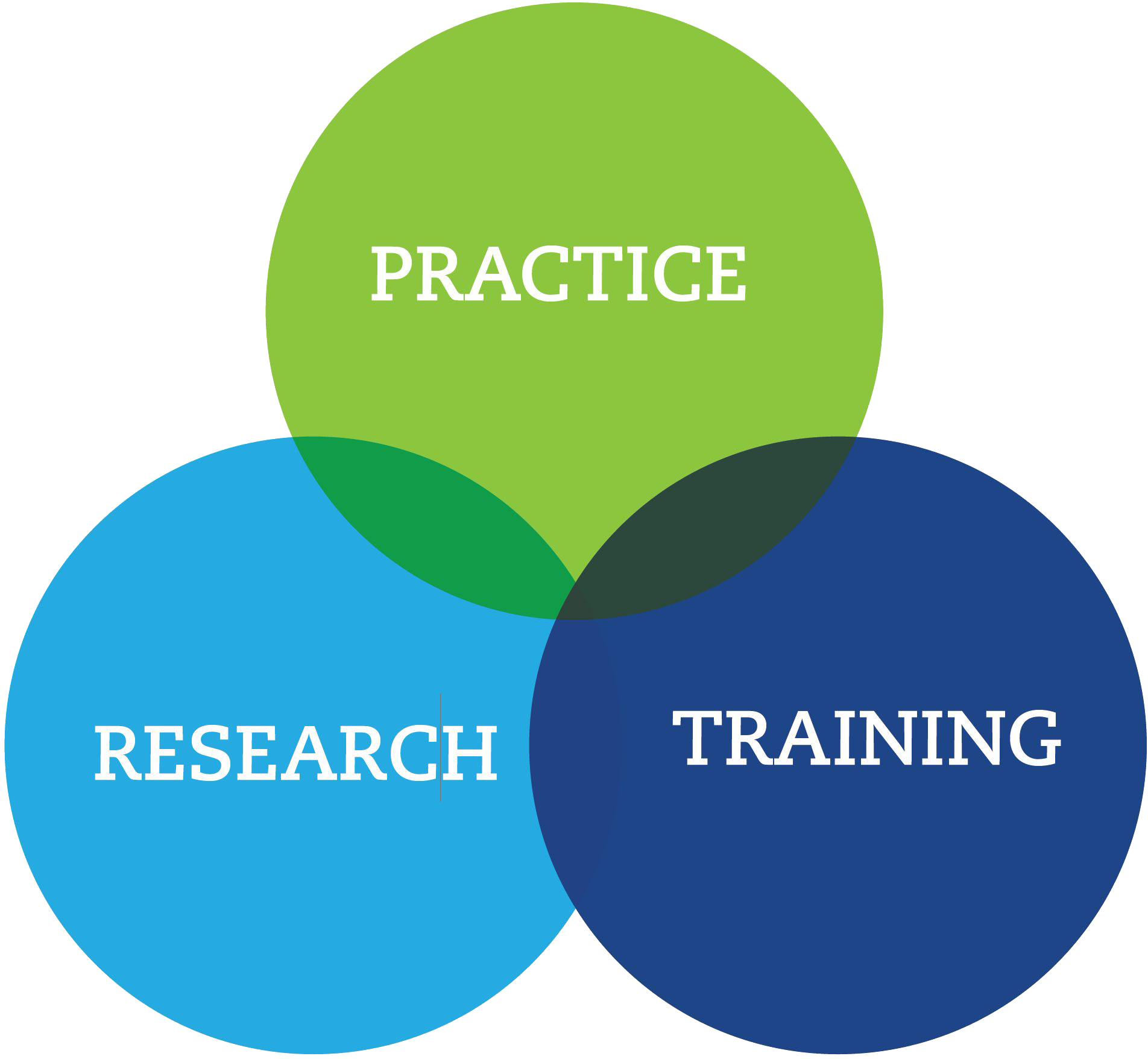Supervision

Reflective supervision is time and space to pause, take stock, re-energise and recommit to ethical action and development. It is a relationship that supports best practice and staff wellbeing. It is thinking space amid our day-to-day challenges. Reflective supervision promotes a wider culture of learning and support that reaches the whole organisation.
Reflective supervision should be viewed as part of professional development and therefore as a requirement of practice. It is not therapy or counselling although it is an opportunity to reflect on oneself.
Our Model of Supervision
The Mulberry Bush Outreach model of reflective supervision is based on that developed by Tony Morrison (2006) and has four key functions:
1. Management
2. Development
3. Support
4. Mediation
Principles of Outreach reflective supervision:
1. sits at the heart of our work, linking practice, research and training
2. deepens and broadens worker’s knowledge and critical analysis skills
3. enables confident, competent,creative and independent decision-making
4. help workers to build clear plans that seek to enable positive change for children and families
5. creates a relationship that helps staff feel valued, supported and motivated
6. supports the devlopment of worker’s emotional resilience and self-awareness
7. promotes a learning culture within the organisation



Benefits of reflective supervision:
Reflective supervision benefits everybody – those who receive it, those who give it, the organisation that provides it and, crucially, the recipients of help, support, education and services.
Better thinking! Reflective supervision helps us to think. To think more. To think more productively, more carefully and more creatively.
Better Resilience and Retention! People need to be authentically seen and heard, and when they are they take ownership of their work and get the most they can from doing it.
Better Teamwork! Reflective group supervision supports high quality teamwork rooted in authentic shared commitment and mutual respect.
Better Relationships! Our relationships are at the heart of the work we do as helping professionals, educators and leaders. The relationships we build through reflective supervision demonstrate and transmit the kind of relationships we know help people – our clients, students, residents, recipients and customers.
Better Work! These benefits of reflective supervision all lead to the same thing – better work done helping, teaching, leading and supporting the people who need us and our organisations.
When reflective supervision is established
- Communication is active and open
- Risks are well managed and well taken; thinking is clear, so judgements are good.
- Opportunities are identified and made use of.
- Creativity becomes possible, then probable.
- Co-production and stakeholder involvement is supported
- Learning is valued and shared.
- Success is the focus of planning; challenges lead to learning.
- The resources of an individual, team or organisation are used fully and effectively.
You can learn more about reflective supervisions and it’s benefits with our helpful guide.
Booking Supervision Training

Our Outreach lead for Supervision is Laura Dennis
- Email:[email protected]
- Phone: 07493628854
To discuss individual and group supervision to meet the needs of your organisation contact Angie – [email protected]
For More Information

Our supervision training is a two-day residential course and includes a first annual refresher after twelve months. The training takes place at our secluded Third Space site.
For more details or to book places, contact Angie – [email protected]
For Some Bespoke Training

To discuss bespoke supervision training, contact our Supervision Training Lead, Mike Staines
- Email: [email protected]
- Phone: 07741430548
We can shape training to fit your team’s needs, at your workplace or using our Third Space.
